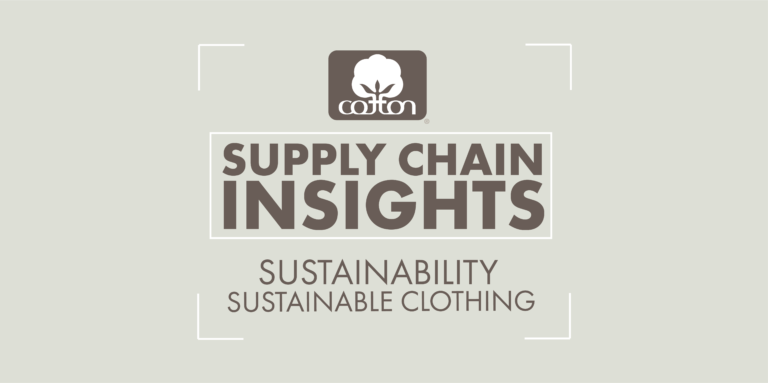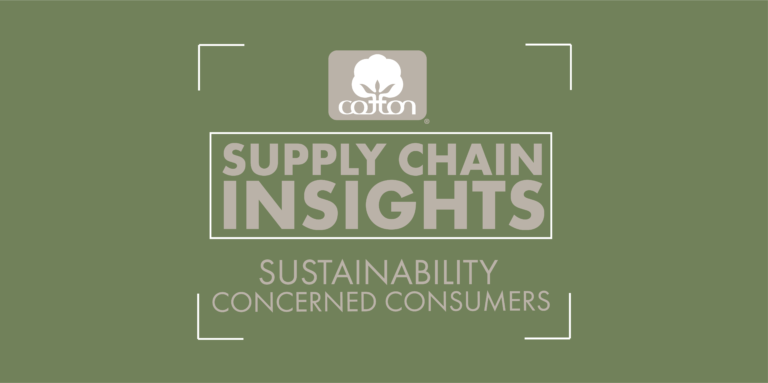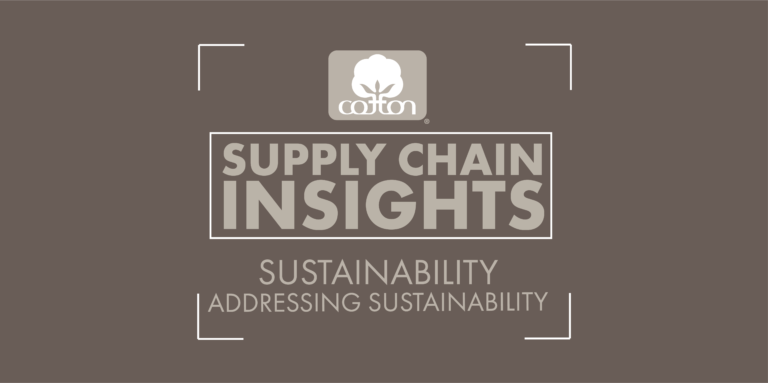Asia
Asia
Newsletter | Economic Data/News
Monthly Economic Letter
January 2022
RECENT PRICE MOVEMENT All benchmark prices increased over the past month. The March NY/ICE futures fell as low as 104 cents/lb in early December. After trading sideways in the first…
Articles
Supply Chain Woes
After warnings that began before Halloween about supply chain issues that could leave Americans with few gifts under their Christmas trees, reports found shoppers actually received most of their gifts…
Articles
Denim in 2022
A new COVID variant with a creepy sci-fi name is gaining notoriety in the seemingly endless pandemic. It should be noted, though, that virus-weary consumers aren’t taking this latest strain…
Articles
Sustainability & Concerned Consumers
Supply Chain Insights – Sustainability & Concerned Consumers
Newsletter | Economic Data/News
Monthly Economic Letter October 2021
RECENT PRICE MOVEMENT Most benchmark prices surged between late September and the present. After touching values below 90 cents/lb on September 20, the December NY/ICE futures contract surged higher. Prices…
Articles
World Cotton Day 2021
It's World Cotton Day 2021. And while that sounds like a great reason to break out the hoodies and denim jeans, the celebration plans go so much further. The theme…
Articles
The Mindset of Global Consumers
After more than a year-and-a-half of dealing with Covid-19 and the ensuing upheaval surrounding it, a new survey shows consumers around the world are feeling a range of emotions —…









